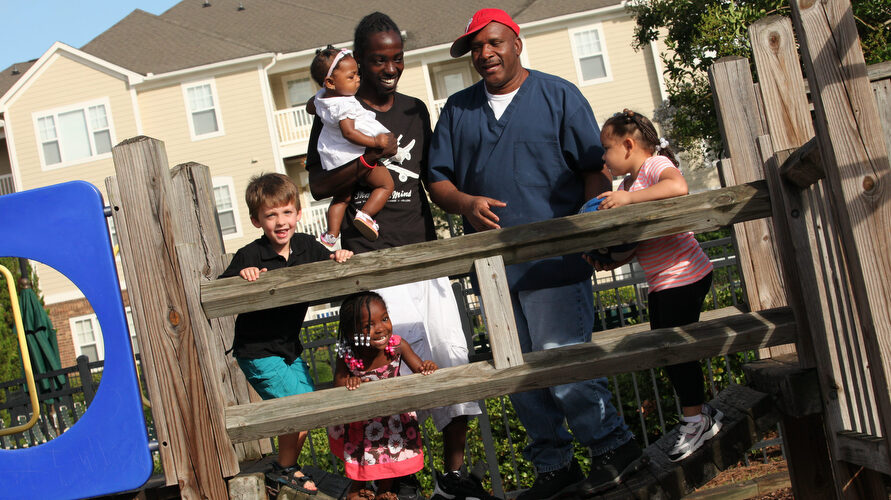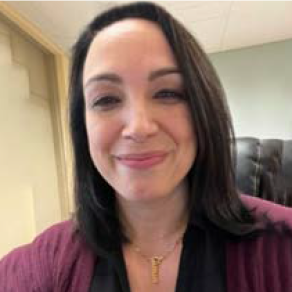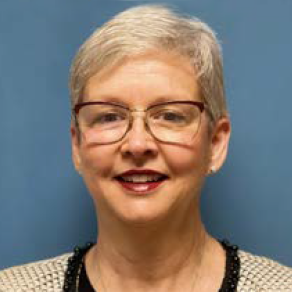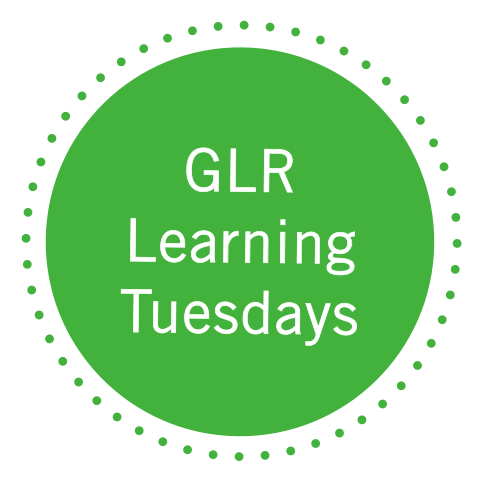
- This event has passed.
The Power of Place: Embedding Two-Generation Approaches in Housing Developments

During this webinar, Sarah Haight with Ascend at the Aspen Institute moderated a conversation exploring the power of a two-generation (2Gen) approach, using housing as a platform for programming and partnerships that support both children and adults to thrive. Haight emphasized that families are the experts in their own lives and shared compelling research to support a 2Gen approach, including that a $3,000 annual income increase for a parent yields a 17% increase in adult earnings for their child, demonstrating the direct link between child and caregiver well-being. The Ascend Network supports leaders who are showing what is possible with a 2Gen approach by publishing field-building research and hosting events that advance our collective understanding and ability to apply this approach.
Aisha Nyandoro, Ph.D., of Springboard to Opportunities described her organization’s work with families that live in federally subsidized affordable housing in Jackson, Mississippi. She described their work as not only providing services but also serving as a connector for families to opportunities. Throughout her presentation, Nyandoro stressed her approach as “radically resident-driven,” centering the needs of the residents in all planning, implementation, delivery and evaluation of community programming and services. She shared Springboard’s five strategies, including an innovative focus on socio-economic well-being through their guaranteed income program, the Magnolia Mother’s Trust, along with other strategies like fellowships for residents, policy and advocacy, and narrative change.
Arianna Thornton-West with Tacoma Housing in Washington and Liz Marsh with BangorHousing in Maine each shared their approach as housing authority leaders who have incorporated a 2Gen focus into their work. Both housing authorities have a Family Self-Sufficiency Program to support their families to meet and realize their needs and desires. Tacoma Housing employs Community Advocates and engages other partners such as the school district and programming partners to implement the program, while BangorHousing has a unique partnership with the Boys & Girls Club of Bangor to work with both children and their caregivers together at the BangorHousing site. Thornton-West described ways that Tacoma Housing gets to know a family and customizes support for them, including through a “wheel-of-life assessment” and a family goal plan. Similarly, BangorHousing has trained their staff to take a family-centered approach and ask families about their needs and goals, and offers classes, workshops and other activities to meet those needs and goals. BangorHousing is opening an Opportunity Center on-site that will bring even more resources — from health care to employment to child care — to help residents learn about and access services more easily.
Finally, Donna Peduto with the West Virginia Public Education Collaborative described their unique model, supported with funding from the Claude Worthington Benedum Foundation, to give grants for early literacy efforts through a program called Sparking Early Literacy. Melanie Cutright with Wood County Schools in West Virginia received one such grant to implement a summer learning program in partnership with the Parkersburg Housing Authority and the Wood County Library. She described her progress thus far in strengthening children’s early literacy and social emotional learning skills, alongside their caregivers.
Panel








